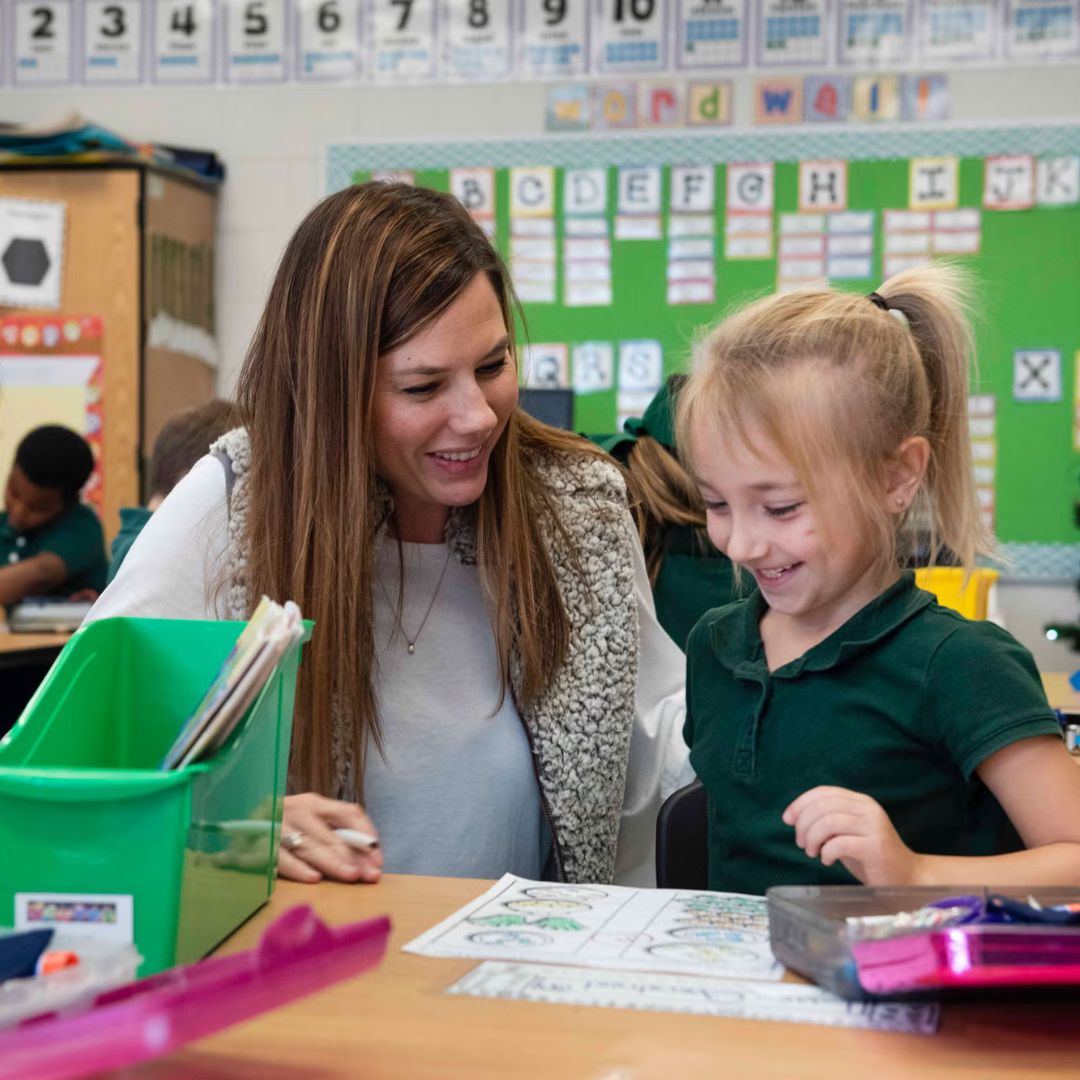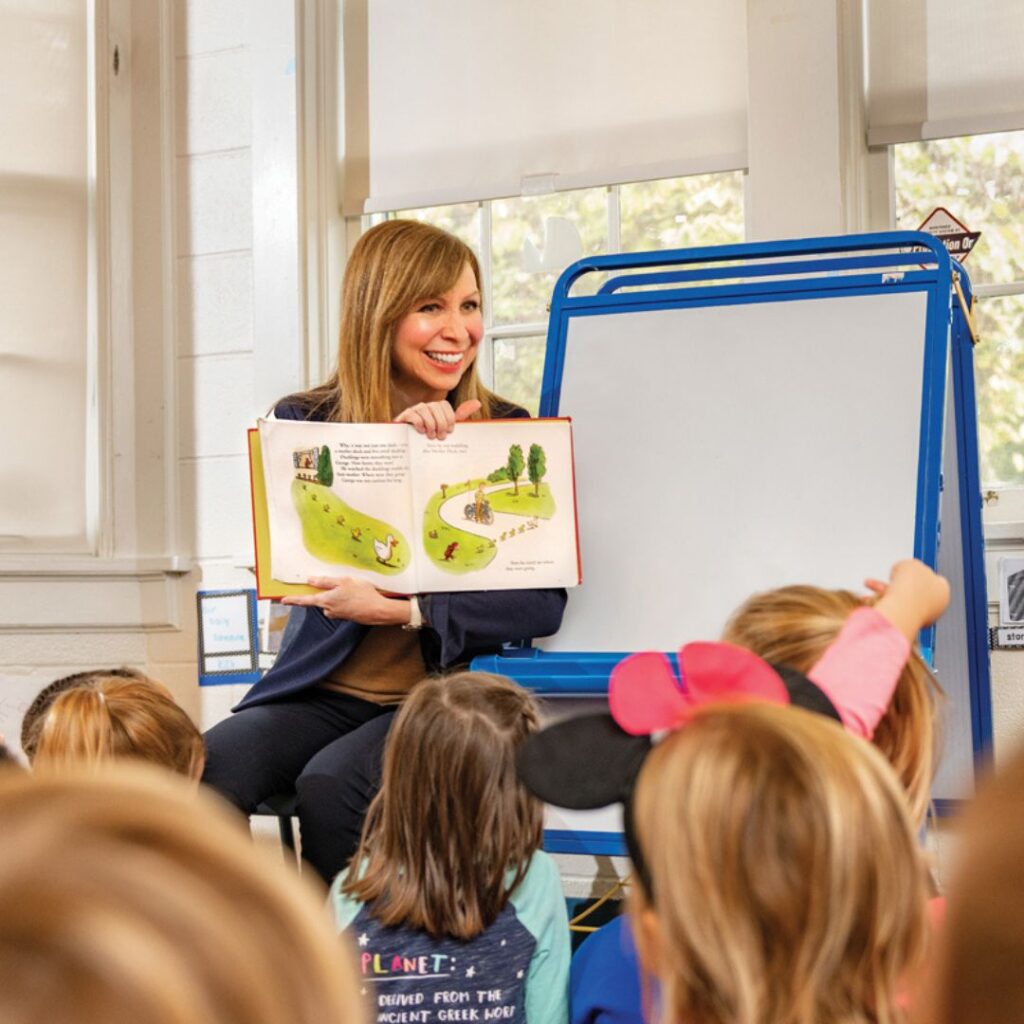Reading is one of the most powerful skills a child can develop. It lays the foundation for lifelong learning, academic success, and confidence. However, for many families, helping your child with reading can sometimes feel overwhelming, especially when children struggle with phonics, vocabulary, or comprehension. The good news is that with consistency, patience, and the right strategies, parents can make reading a joyful part of everyday life.
At Akanbi Reading Solutions, we believe that literacy begins at home, and parents play a crucial role in shaping a child’s reading habits. Our approach, which includes the Akanbi Home Phonics Program and reading workshops for daycare providers, is designed to empower families and educators across Georgia with practical tools and strategies to help every child become a confident reader.
Why Early Reading Support Matters
Children who start reading early tend to perform better academically, have richer vocabularies, and develop stronger comprehension skills. Early literacy experiences like listening to stories, recognizing letters, and understanding sounds form the foundation for lifelong learning.
In Georgia, literacy support is becoming more vital than ever. Parents, teachers, and caregivers can work together to build strong reading foundations that help children succeed in and outside the classroom. Whether you are working one-on-one at home or supporting a group of learners in a daycare setting, consistent reading habits make all the difference.

1. Make Reading a Daily Habit
Consistency is key when helping your child with reading. Set aside at least 15–20 minutes every day for reading together. It doesn’t have to be formal, reading bedtime stories, signs on the road, recipes, or even grocery lists can all reinforce literacy.
Children learn best through repetition and routine. When reading becomes part of their daily schedule, they start to look forward to it. You can make it even more enjoyable by creating a cozy reading corner or letting your child choose their favorite book for the day.
2. Use Phonics to Build a Strong Foundation
Phonics is one of the most effective methods for teaching children how to read. It helps them understand the relationship between letters and sounds, which is the foundation of decoding words.
The Akanbi Home Phonics Program offers families a structured, easy-to-follow system that focuses on sound recognition, blending, and word formation. This program makes phonics fun and interactive through engaging activities and age-appropriate exercises.
If you’re looking for a phonics consultant in Georgia, Akanbi Reading Solutions provides expert support to help families and educators understand how to teach phonics effectively. Our consultants work with parents to tailor phonics activities that fit their child’s learning style and pace.
3. Talk About What You Read
Reading isn’t just about pronouncing words, it’s about understanding them. Encourage your child to talk about the story, ask questions, and share opinions. Simple questions, such as “What do you think will happen next?” or “Why did the character feel sad?” help strengthen comprehension and critical thinking.
This interaction turns reading into a conversation instead of a chore. It also helps children connect stories to their own lives, deepening their understanding of language and emotions.
4. Introduce a Variety of Reading Materials
Children are naturally curious. To keep them engaged, expose them to a variety of reading materials picture books, poems, comic books, magazines, and even newspapers.
Variety keeps reading fresh and fun while expanding vocabulary. For example, storybooks build imagination, while informational texts teach new concepts about the world. Mixing both types helps children develop balanced reading skills.
The reading workshops for daycare providers by Akanbi Reading Solutions emphasize this approach, encouraging early educators to include diverse reading materials that appeal to children’s interests and reading levels.
5. Create a Literacy-Rich Environment at Home
A literacy-rich home environment encourages reading and writing naturally. Label objects around your home (like “door,” “table,” or “lamp”), display books in accessible places, and keep writing materials available.
Children imitate what they see. When they notice parents reading newspapers, books, or even text messages aloud, they learn that reading is an essential life skill. Making reading visible in your household sends a strong message that reading matters.
6. Use Phonics Games and Technology
Technology can be a great ally when used intentionally. Educational apps, phonics games, and audiobooks make learning interactive and enjoyable. They also reinforce the lessons taught through the Akanbi Home Phonics Program, allowing children to practice at their own pace.
Balance screen time with traditional reading. A combination of both can make learning dynamic, especially for younger children who thrive on play-based learning.
7. Attend Local Reading Workshops and Literacy Events
In Georgia, there are many community programs focused on early literacy. Participating in reading workshops for daycare providers or local literacy events allows families and educators to share ideas, learn new techniques, and stay motivated.
Akanbi Reading Solutions regularly hosts literacy sessions designed to support both parents and educators. These workshops help parents understand how children learn to read and offer actionable strategies for home learning.
Would you like to learn more about Daycare Reading Support in Georgia?
Click here to explore the program: https://akanbireadingsolutions.com/daycare-reading-support-georgia-literacy-training-with-akanbi/
8. Praise Effort, Not Just Success
Encouragement goes a long way in helping your child with reading. Celebrate progress, no matter how small. When children feel confident and supported, they’re more likely to keep trying even when they encounter difficult words or passages.
Use positive reinforcement like, “You read that word beautifully!” or “I’m proud of how you sounded that out.” This helps build motivation and a positive relationship with reading.
9. Collaborate with Teachers and Caregivers
A child’s reading journey involves collaboration. Stay connected with your child’s teachers and caregivers to understand their reading progress and challenges. Many daycare providers and early educators in Georgia are now participating in reading workshops for daycare providers, where they learn best practices for early literacy support.
By working together, parents and educators can ensure consistent reading instruction both at home and in school settings.
10. Be Patient and Consistent
Finally, remember that every child learns at their own pace. Some children might pick up reading quickly, while others may need more time and support. Stay patient, stay consistent, and make reading a joyful experience rather than a task.
Reading together should be a moment of connection, a time when your child feels loved, supported, and curious about the world around them.
Final Words
Helping your child become a confident reader is one of the most meaningful investments you can make in their future. By combining everyday reading habits with structured phonics instruction, such as the Akanbi Home Phonics Program, families can nurture stronger literacy skills at home.
For Georgia parents and educators, the guidance of a phonics consultant in Georgia and the hands-on support from reading workshops for daycare providers create a strong foundation for lifelong learning.
Remember, reading isn’t just about words, it’s about discovery, imagination, and connection. With patience, encouragement, and the right tools, every child can fall in love with reading and unlock the doors to endless possibilities.
FAQs
1. What is the best way to start helping my child with reading?
Start with phonics and simple picture books. Read aloud together daily and focus on making it fun rather than stressful.
2. How can the Akanbi Home Phonics Program help my child?
The Akanbi Home Phonics Program provides a structured and interactive approach to phonics, helping children improve their sound recognition, blending, and reading fluency.
3. Where can I find a phonics consultant in Georgia?
A phonics consultant in Georgia from Akanbi Reading Solutions can guide you through personalized strategies tailored to your child’s specific reading level and needs.
4. What are reading workshops for daycare providers?
Reading workshops for daycare providers are professional sessions designed to help early educators use effective literacy strategies in the classroom or daycare environment.
5. How can parents support children who struggle with reading?
Parents can offer consistent reading time, positive encouragement, and use programs like Akanbi Home Phonics Program to reinforce learning at home.





